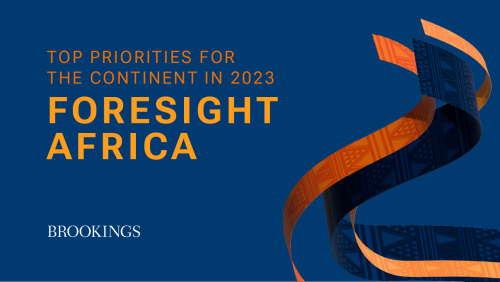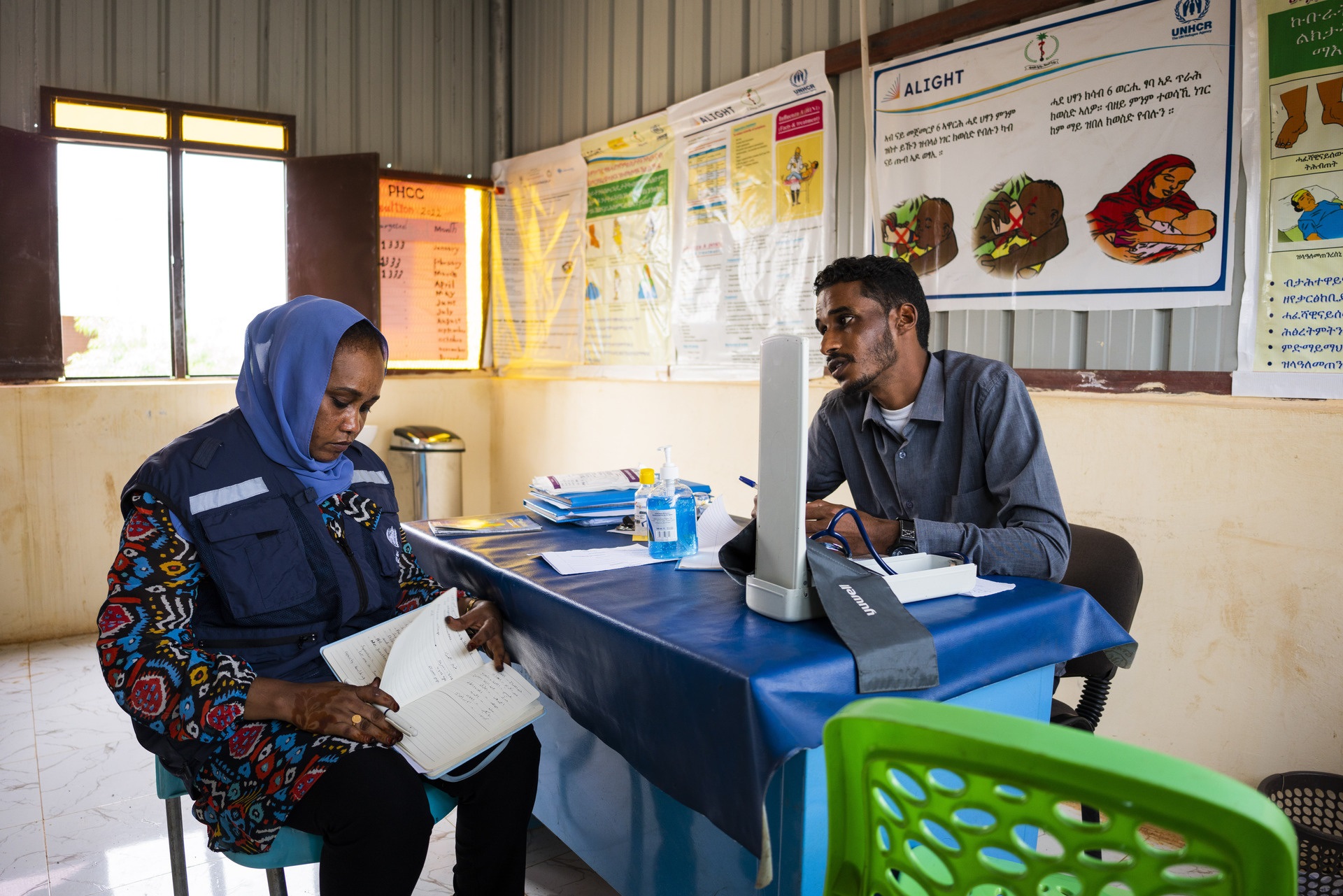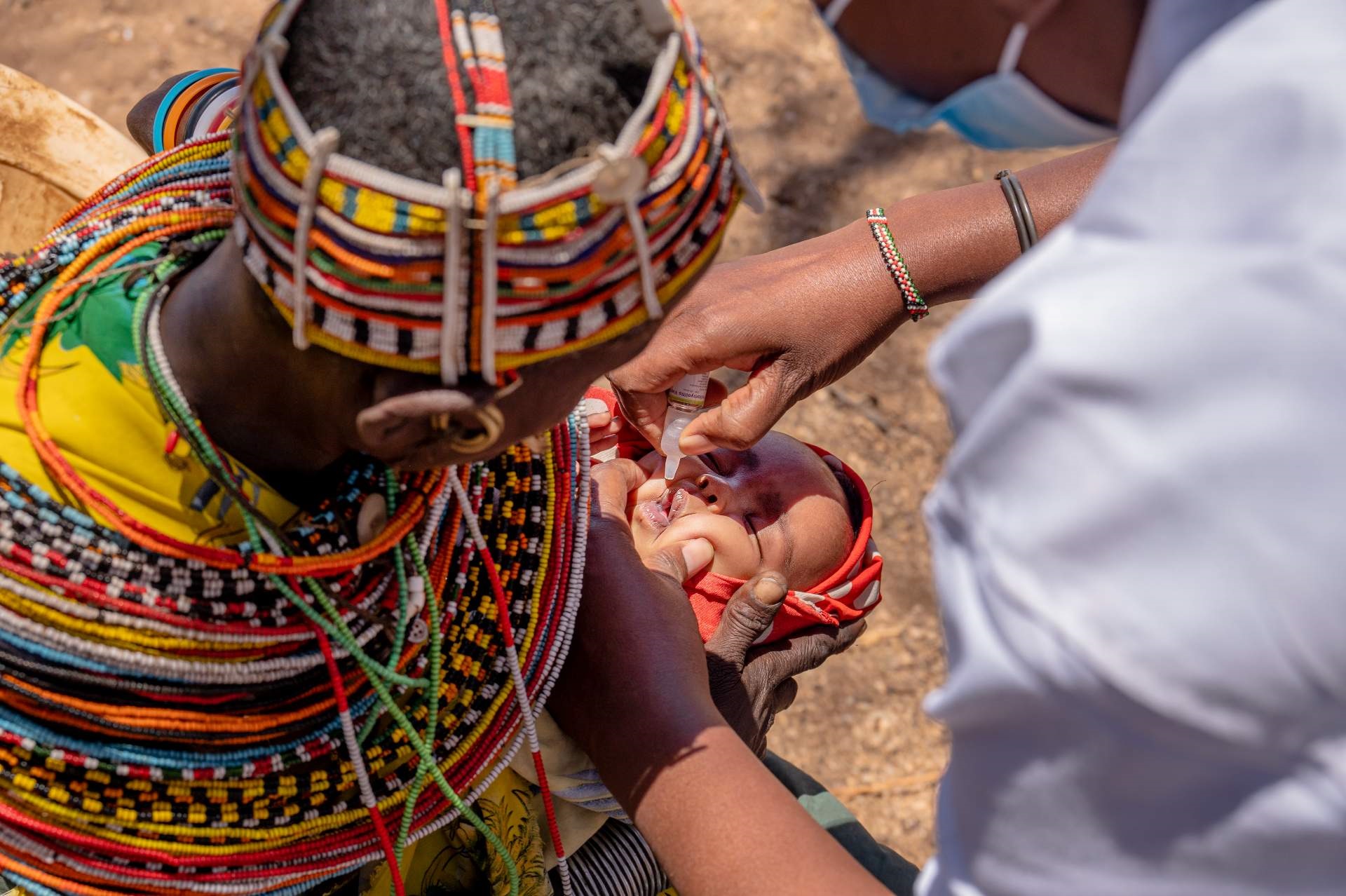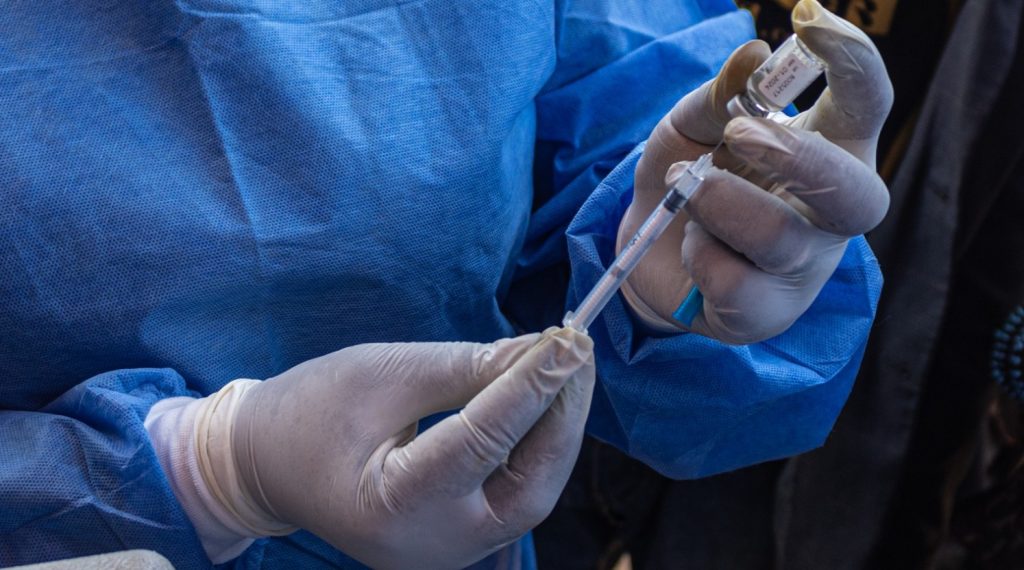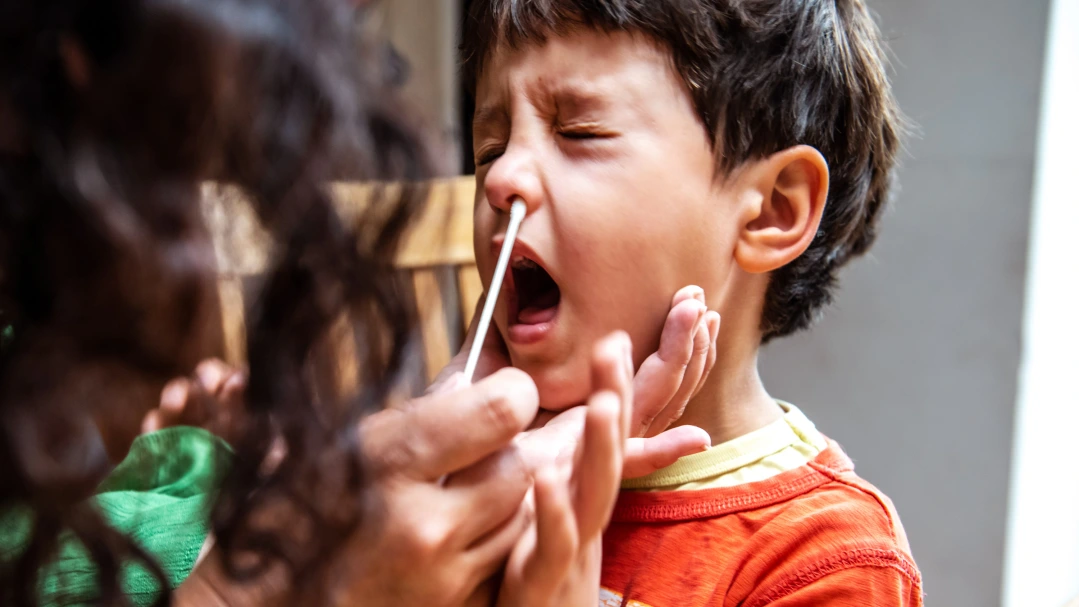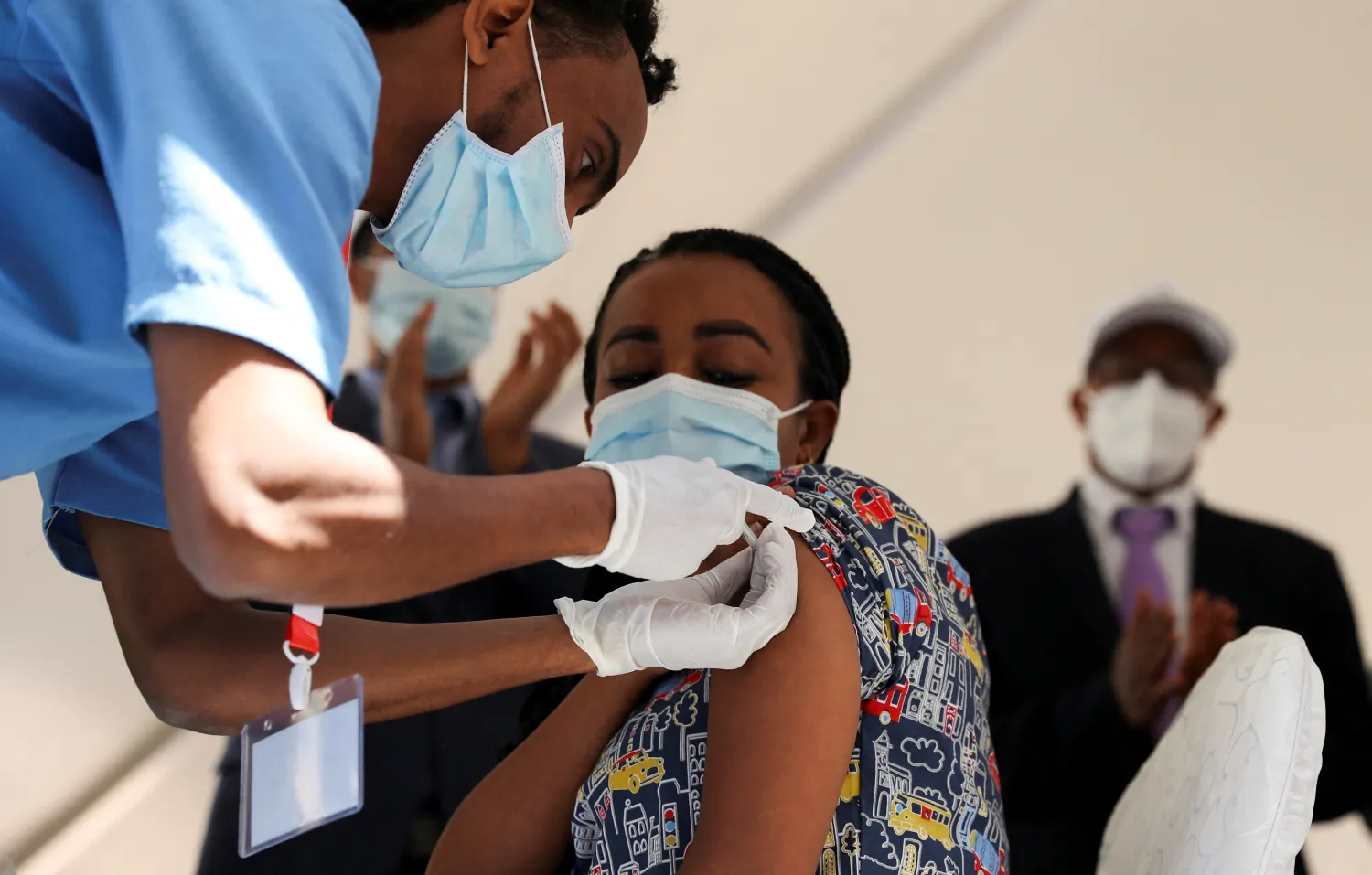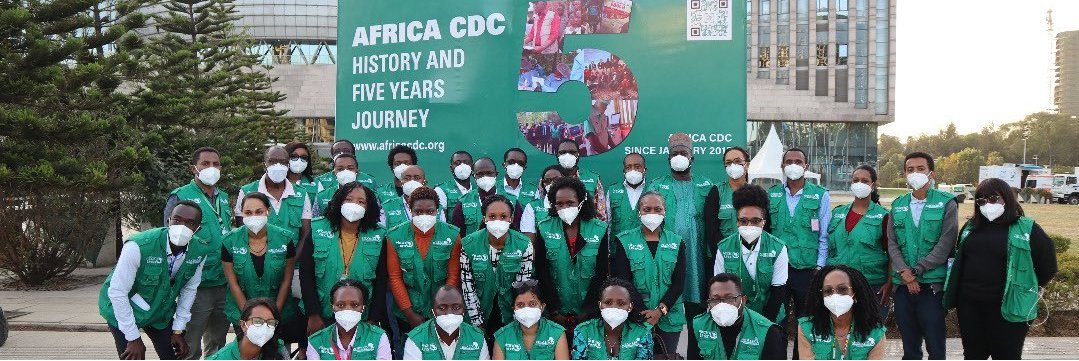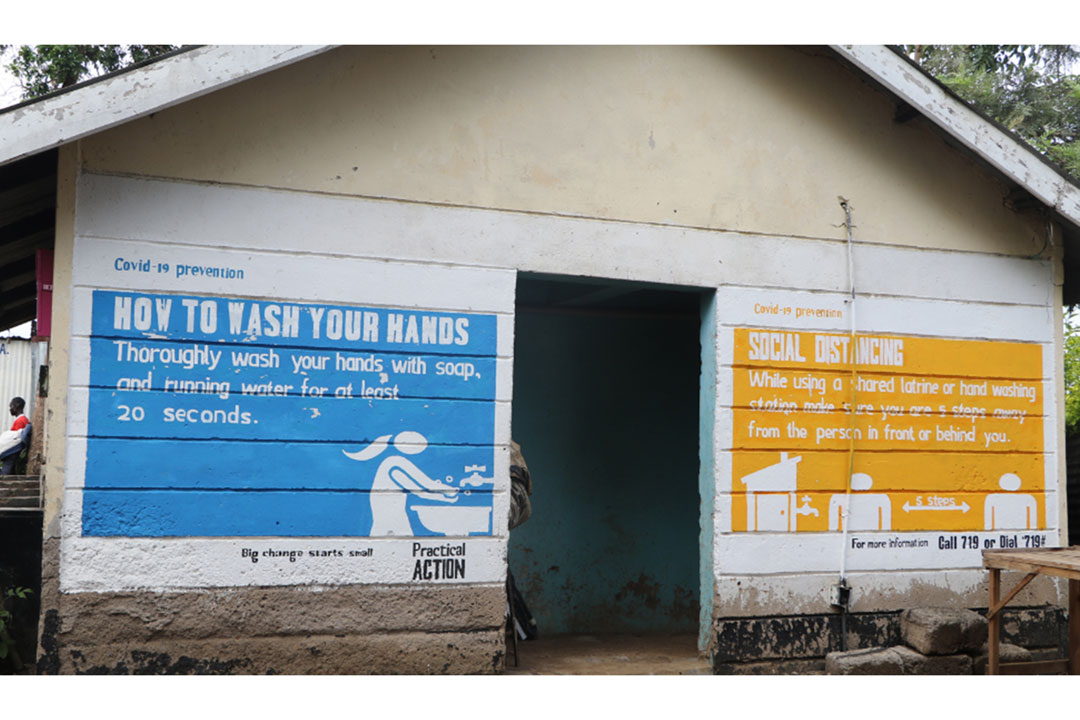Brookings
The COVID-19 pandemic revealed that coordination and collaboration between countries on surveillance and epidemic intelligence...
UN
The head of the UN World Health Organization (WHO) has declared “with great hope” an end to COVID-19 as a public health emergency...
WHO - Africa
The partnership aims to strengthen Africa’s health security capabilities in the areas of biosecurity, integrated disease surveillance, event-based surveillance, genomic surveillance, and epidemic intelligence.
WHO
New WHO and UNICEF data show promising signs of immunization services rebounding in some countries, but, particularly in low-income countries, coverage still falls short of pre-pandemic levels putting children at grave risk from disease outbreaks.
Africa CDC
On May 5, 2023, more than three (3) years since the World Health Organization (WHO) declared COVID-19 a public health emergency of international concern (PHEIC), the status was lifted.
MIT
BIOTECHNOLOGY Covid hasn’t entirely gone away here’s where we stand. The coronavirus continues to cause infections, disease and death—and long covid.By Jessica Hamzelouarchive page
Brookings
In retrospect, the pandemic tested Ethiopia’s health system like no other challenge in recent history and amplifies its existing strengths and weaknesses.
Africa CDC
Africa CDC’s work has positively and significantly impacted the state of health in Africa.As part of the process, the new leadership of Africa CDC is currently conducting a wide internal reform initiative aimed at strengthening administrative and structural systems, including institutional compliance and accountability mechanisms.
SOUTH CENTER
COVID-19, Future Pandemics and the Africa Care Economy Index. In Africa, the care economy has long been unrecognised. At least since the last major pandemic in Africa, HIV-AIDS, caring work has been severely undervalued in the continent, and the redistribution of caring work, from females in the home and communities, is next to nonexistent.
Gavi
Challenges for disabled people worsened with the COVID-19 pandemic and urgent attention is needed.


